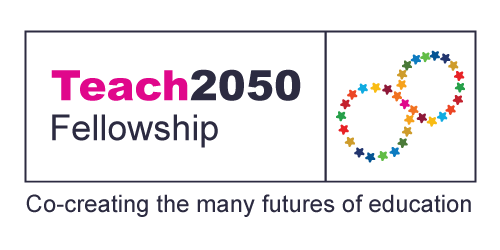
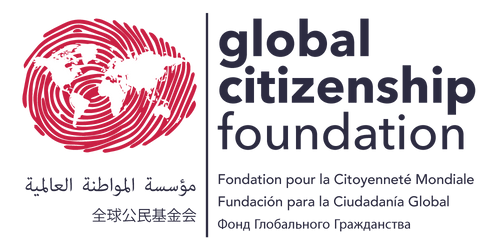
2023
Prospectus
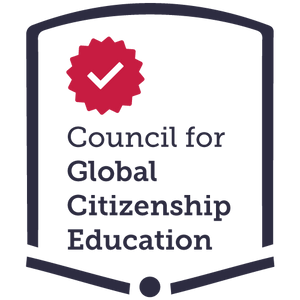

Co-create the many futures of education.
The Teach 2050 Fellowship is a carefully-curated professional development program designed to prepare in-service educators and education leaders for transformative leadership in the evolving world of education.
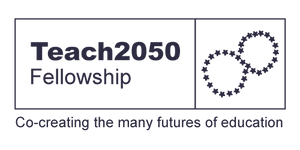
What is the Problem?
Ineffective Professional Development
Characterized by a one-size-fits all approach, lack of relevance to the needs and experiences of teachers, or a lack of follow-up support or resources to help teachers implement new skills or practices in their classrooms.


World Teachers’ Day: UNESCO sounds the alarm on the global teacher shortage crisis
On World Teachers’ Day, Audrey Azoulay, Director-general of UNESCO, called on governments around the world to step up their support for teachers, warning that the profession is struggling to retain its workforce and attract new talent. Worldwide, 69 million teachers are needed to reach universal basic education by 2030.

Inadequate training, unattractive working conditions, and funding undermine the teaching profession and aggravate the global learning crisis. UNESCO has always placed teachers at the heart of the fight for the right to inclusive and quality education. There is an urgent need to recognize better this profession on which our children’s future depends.
Audrey Azoulay
UNESCO’s Director-General

International initiatives, such as the Dublin Declaration, Education 2030 Agenda and the revised 1974 UNESCO Recommendation concerning Education, have all recognized the importance of addressing teacher capacity in order to promote global citizenship education and foster positive change in our schools and communities.

Estimating the inestimable
Cost of Ineffective CPD

On Educators




Impractical
Limited Growth
Unhealthy Work-Life
Prescriptive CPD may feel good & structured, ibut t may not always be practically relevant and may not effectively meet the needs and goals of individual educators.
Ineffective CPD can limit your professional growth and advancement.
Ineffective CPD can contribute to work-life imbalance and an unhealthy work environment.

Decreased Motivation
Without access to quality CPD, educators may become demotivated and disengaged, which can lead to a lack of enthusiasm and energy in the classroom.

Professional Stagnation
Without access to effective CPD, educators may become stagnant in their practice and may not be able to keep up with the changing needs and expectations of the profession.

Expensive CPD
With your invaluable time, money, and effort. Ineffective CPD is more expensive than effective CPD.
On Educational Institutions
School systems must start thinking strategically about their CPD programs


Decreased Teacher Retention
A lack of effective CPD can lead to decreased job satisfaction and a higher turnover rate for educators.

Lower Student Achievement
Educators who do not engage in effective CPD may not have access to contextually relevant teaching strategies and methods, which can lead to lower student achievement.

Negative Net Impact
A lack of effective CPD can have a negative impact on the overall education system, leading to a decline in the quality of education and a lack of trust in the system.

Breaking the habit of ineffective professional development for educators.
Professional development, if designed and implemented strategically, can significantly improve teacher effectiveness and student achievement.

The proof of the pudding is in our
Circular pedagogy of hope and action.

Project Portfolio Development

Community Education
Unlock the power of community education.
Co-develop high impact educational approaches, experiences, frameworks, resources, and models.
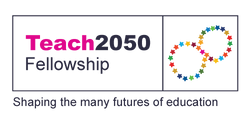
Circular pedagogy of hope & action.
Action Research
Engage in hands-on Research and get your work co-published.
Peer-to-Peer Learning
With a carefully selected cohort of global education professionals.
Cohort-Based Courses
With a carefully selected SEL topics on global education issues.
Distinct Approach to CPD

There are several reasons why forms of continuing professional development (CPD) such as action research, peer-to-peer learning, cohort-based courses, community education, and project portfolio development by educators triumph over the outdated and prescriptive CPD programs. Experience:



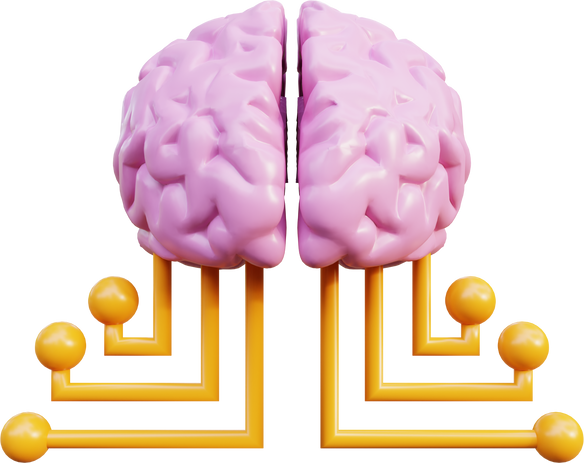
Flexible and Layered
Opportunities to choose and layer the type and area of professional development most relevant and meaningful to one's individual needs.
Collaborative
Opportunities for intimate networking, interaction, and collaboration with peers from around the world, to accelerate learning and growth process.
Unique Pathways
With a curated yet personalized roadmap, exploring action research, project portfolio and experiential learning is a unique journey. Thanks to the circular pedagogy!
Future-Focussed
While being focused on preparing educators to co-create the many futures of education, we proactively address the current challenges and opportunities in the field.
In Brief

The Teach 2050 Fellowship is a 15-week experiential program delivered in a hybrid/online format and is designed to empower in-service educators and education leaders to drive systemic change by co-designing and co-creating the many futures of education.
The Fellowship program focuses on enhancing the knowledge, skills, and competencies to achieve transformative pedagogical approaches needed fo foster human flourishing. Teach 2050 Fellowship aligned with global initiatives such as the Dublin Declaration on Global Education 2050, the Education 2030 Agenda, and the Revised 1974 UNESCO Recommendation concerning Education.
The Teach 2050 Fellowship program empowers educators and education leaders to drive positive change in their schools and communities through a blend of design thinking, systems thinking, and the Teach 2050 Circular Pedagogy of Hope and Action.
Our Mandate

The mandate of the Teach 2050 Fellowship is to unlock the transformative potential of education and co-create a strong foundation to shape the many futures of education. We aim to transform lives and communities through action and meaningful change.
The Teach 2050 Fellowship provides a platform for educators and education leaders to reflect on the complex challenges facing education and social systems and facilitate meaningful change in the lives of students, educators, and communities. Through this program, we empower educators to take action and create a brighter future.
We believe that by encouraging collaboration, critical thinking, creativity, and innovation in education, we can foster sophisticated problem solving skills in our fellows. The program fosters lifelong learning and the development of knowledge, mindsets, competencies, and skills to nurture the whole person.
Curated Tracks

Educational Leadership
The Educational Leadership track is designed for education leaders who are looking to promote transformative education and drive systemic change in their schools and communities.
Participants in this track will learn how to design and implement whole-school approaches that foster Global Citizenship Education and Social-Emotional Learning among their students.
They will also explore how to create inclusive and equitable learning environments and how to assess and evaluate the impact of their initiatives on their students and staff.
Exclusively for Heads of Schools and Administrators
Teacher Skills
The Teacher Skills track is designed for educators who are looking to build and advance teacher capacity to foster pedagogies and practices of hope and action.
Participants in this track will explore hybrid learning and emerging technologies that could shape innovating approaches to teaching.
This track is on enabling educators to build capacity of others in developing a synergy integrating technology, pedagogy, content, and, engagement strategies.
Open for Educational Leaders, Administrators, Ed Professionals
Learning Design
The Learning Design track is designed for educators who are looking to design and deliver engaging and effective online, blended, and hybrid learning experiences amongst learners.
Participants in this track will explore how to use technology, content, pedagogy to facilitate innovative learning experiences among their students, as well as how to create and facilitate discussions and activities across platforms and modes of delivery.
They will also explore how to create inclusive and equitable learning environments and how to assess and evaluate the impact of learning experiences on their students.
K-12 Educators
Pathways + Benefits


Associate Fellow
This pathway is all you need to build a strong foundation for skills needed to transform your learning spaces.
Duration
15 Weeks

Fellow
This pathway is to strengthen your foundational skills to transform your learning spaces and move from being a "do-er" to a "strategist".
Duration
+12 Weeks

Senior Fellow
This pathway is for professionals who lead teams (or want to, soon), and have already enhanced the essentials.
Duration
+12 Weeks
What you get?
What you get?
What you get?
- Associate Fellow Credentials
- Unlock the Fellowship Pathway
- Verifiable Skills Recognition
- Post-nominal Letters: TFIE-AF
- Fellow Credentials
- Unlock the Senior Fellow Pathway
- Verifiable Skills Recognition
- Post-nominal Letters: TFIE-F
- Senior Fellow Credentials
- Unlocks Expert-in-Residence Title
- Verifiable Skills Recognition
- Post-nominal Letters: TFIE-SF
Project Published on GCED e-Campus, UNIET Academy
Action Research published in the .ed Magazine
Project Showcase Platforms

UNIET ACADEMY
UNIET Academy is an online learning platform for children and youth.
GCED e-Campus
GCED e-Campus is an online platform for educators to access learning resources and professional development opportunities
.ed Magazine
.ed Magazine is a digital publication that shares insights diverse domains of education.

The Diversity Promise
The fellowship emphasizes experiential learning, with participants engaging in action research projects and working with peers to design and implement hand-on high-impact initiatives
The Teach 2050 Fellowship is open to educators from around the world, with participants coming from diverse cultural and geographic backgrounds. This diverse participation helps to enrich the learning experience and promote a global perspective on education and global citizenship.
The Fellowship Prism


Co-create the future, today!
The fellowship is dedicated to supporting educators in co-creating the many futures of education.

Innovate in Education
The program values innovation and encourages fellows to think creatively and to develop new and innovative approaches to teaching and learning.

Be Inclusive & Equitable
The program values diversity and inclusivity and strives to create an equitable, welcoming and inclusive environment for all participants.

Help in an instance!
The program promotes a space for mutual help and support amongst the fellows while providing with critical resources and support they need to grow and improve as educators.

Live the Culture of Practice
Our Culture of Practice is a sum of our actions collectively around five pillars of Collaboration, Balanced Perspectives, Innovative Mindset, Leadership, Global Citizenship

Be Socially Responsible
The program values social responsibility and encourages fellows to use their expertise to promote social justice and address global challenges facing education and societies.
Aligned with
Global Policies & Initiatives
Teach 2050 Fellowship aligned with global initiatives such as the Dublin Declaration on Global Education 2050, the Education 2030 Agenda, and the Revised 1974 UNESCO Recommendation concerning Education.

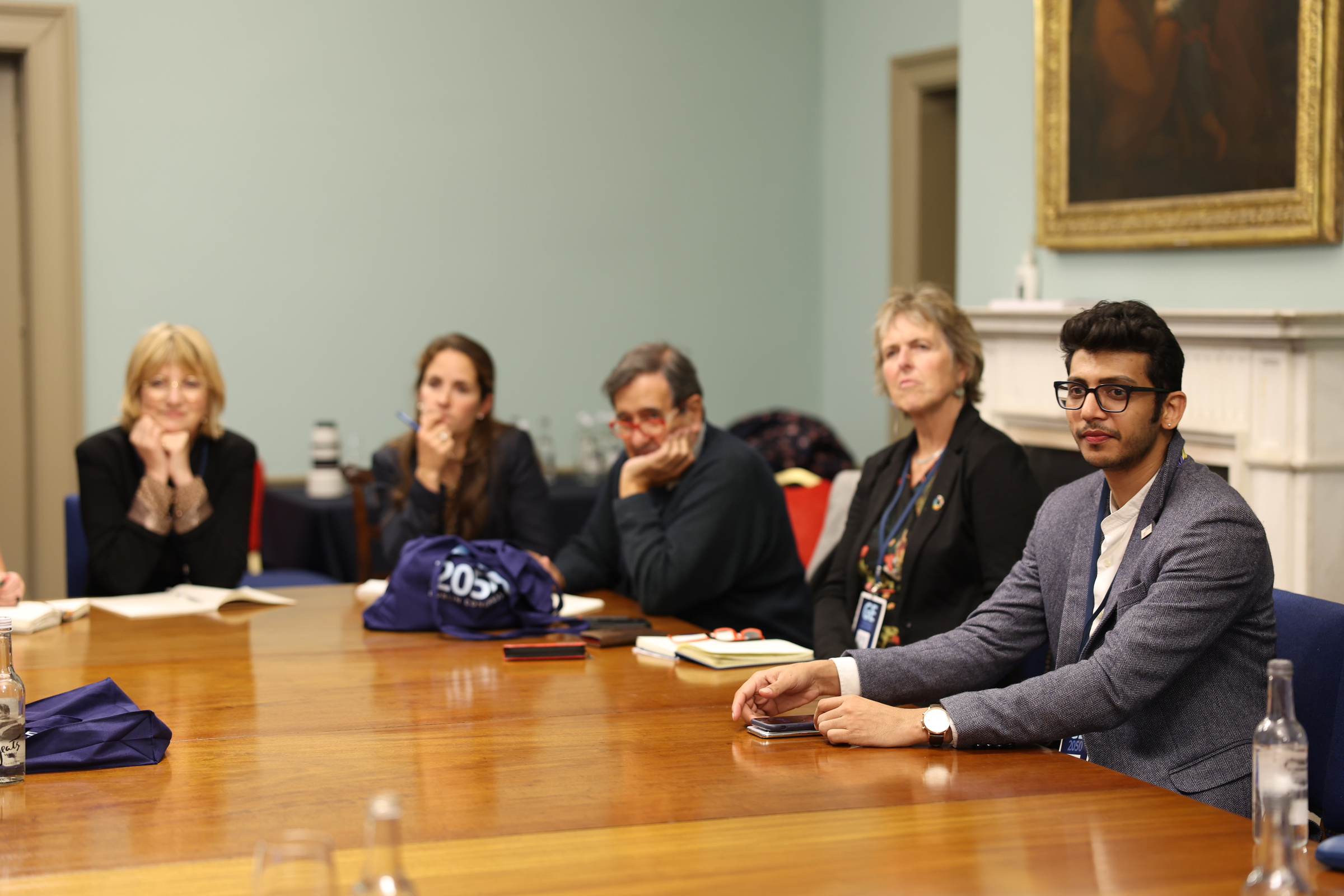
Picture Courtesy: Global Education Nework Europe
Aligned with
Dublin Declaration on Global Education 2050
The Teach 2050 Fellowship is aligned with the Dublin Declaration and its focus on building capacity of educators to foster global citizenship education and to drive systemic change towards realizing the mandate of the declaration.

One of the stated mandates is to "develop adequate structures of support for educators in Global Education, in order to incrementally bridge the gap between the willingness to integrate Global Education, and the confidence, skills, competencies and support to do so."
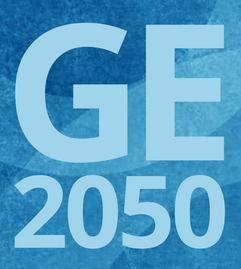
"Increased and improved whole-sector coordinated approaches, inter alia, within curriculum reform, teacher education, whole-school-approaches, youth sector coordination, adult and community education, further and higher education."
The Dublin Declaration
Source: GENE
Aligned with
Education 2030 Agenda
The Teach 2050 Fellowship is aligned with the Incheon Declaration and Framework for Action for the Implementation of Sustainable Development Goal 4.

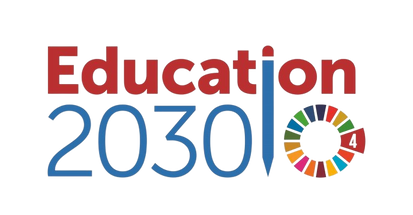
Sustainable Development Goal 4
"Ensure inclusive & equitable quality education & promote lifelong learning opportunities for all"
Source: United Nations
Realizing Quality Education
The Education 2030 Agenda includes several targets that are relevant to the Teach 2050 Fellowship, including:

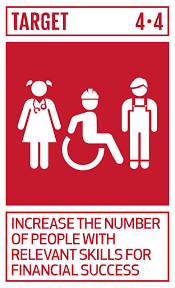
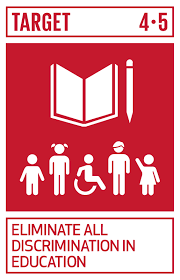
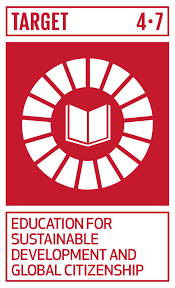
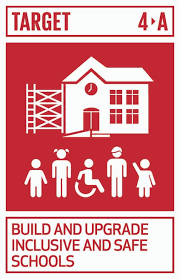
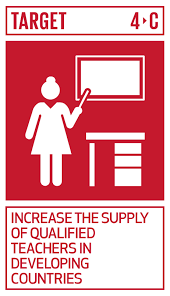
Aligned with
1974 Recommendation Concerning Education

The Teach 2050 Fellowship is aligned with the revised 1974 Recommendation concerning education, which aims to promote international understanding and cooperation through education, by providing opportunities for global educators to proffer possible applicable solutions to the itching gaps in the education system
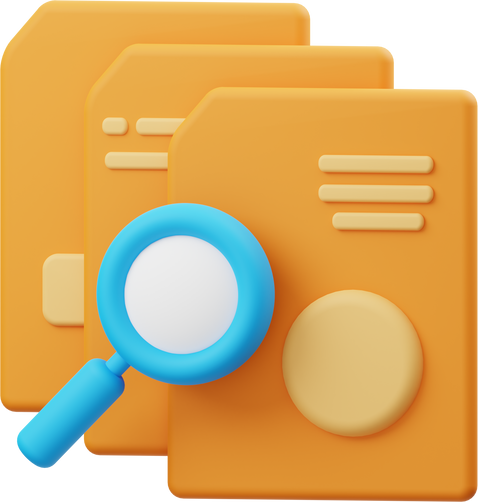
Research

Design
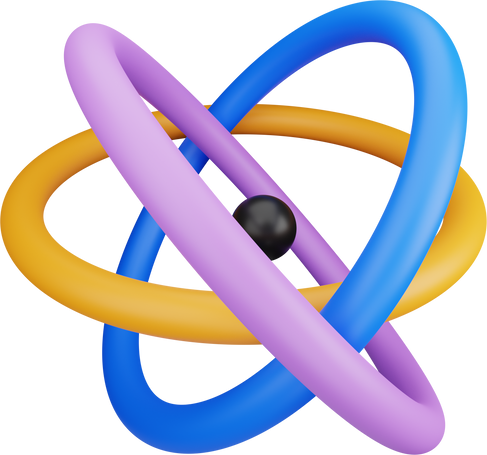
Develop
Source: UNESCO
Aligned with
1974 Recommendation Concerning Education

The Teach 2050 Fellowship is aligned with the revised 1974 Recommendation concerning education, which aims to promote international understanding and cooperation through education, by providing opportunities for global educators to proffer possible applicable solutions to the itching gaps in the education system
Source: UNESCO
1974 Recommendation
Concerning Education

Active participation in devising programmes of international education
Design experiments in the use of active methods of education and training
Develop aptitudes and skills such as a desire and ability to make educational innovations

Research

Design

Develop
Source: UNESCO
Selection Process
The Teach 2050 Fellowship selection process includes the following steps:

Step 1
Application Stage

Step 3
Interview + Credential Submission

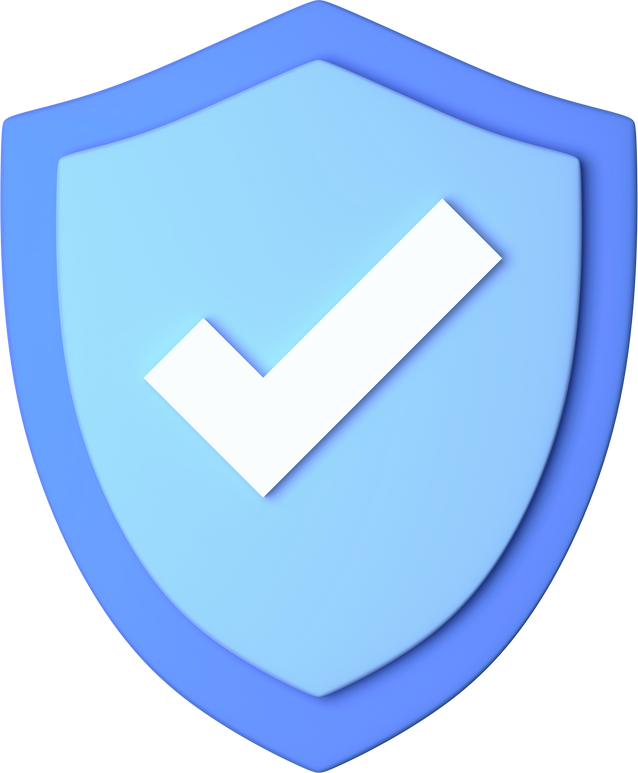
Potential fellows are required to fill out an application form and submit a video as part of the application process. The application form will ask for basic personal and professional information, as well as your educational background and teaching experience.
The video should be 2-5 minutes long and should be recorded in a well-lit and quiet location.
Candidates will also be required to participate in an interview with the Teach 2050 Fellowship selection team. Upon clearing the Interview, candidates will be required to provide evidence of their educational qualifications and teaching experience, as well as a no objection certificate from their current employer, as applicable.
Step 2
Pre-Orientation Course

Step 4
Onboarding

Selected candidates will be required to complete a English Language Proficiency Test and pre-orientation course before moving to Step 3 of the Application. This pre-orientation course will provide a brief outline and an introduction to the aspects of the fellowship, and will help prepare candidates for the next steps in the selection process.
Upon acceptance into the fellowship, candidates will participate in a week long orientation and induction program to prepare them for the fellowship program. This will include orientation to the fellowship curriculum, as well as support for setting up any necessary technology and resources for the program.
Financial Details

This is a partially-funded initiative with funding allocated by the Global Citizenship Foundation and its philanthropic partners.
Program Fee
Participating Fellow only pay a membership fee of EUR 300.
Financial Aid
Financial Aid is offered by the Global CItizenship Foundation and its partners to candidates who request for financial support.



About Us

Council for Global Citizenship Education
The Council for Global Citizenship Education is a think-tank instituted by the Global Citizenship Foundation with the mandate to promote the development and implementation of global citizenship education in schools and communities around the world. The Council advocates for the integration of global citizenship education into educational policies and practices at the local, national, and international levels.
The Council provides resources and support to educators through professional development opportunities, research and publications, and networking and collaboration with other organizations and individuals working in the field of global citizenship education.


The Global Citizenship Foundation
The Global Citizenship Foundation provides strategic support to individuals, institutions, and organizations in 70+ countries to help achieve its core mandate in line with Education 2030, as envisioned by the United Nations.
The Global Citizenship Foundation continues its commitment to transform education for human flourishing by developing global programs and initiatives to build education leaders, educators, and youth capacity — in the six critical focus areas — towards realizing the United Nations’ Sustainable Development Goals.



An initiative of the
Contact
programs@globalcitizenshipfoundation.org
Council for Global Citizenship Education
Global Citizenship Foundation
Website
globalcitizenshipfoundation.org